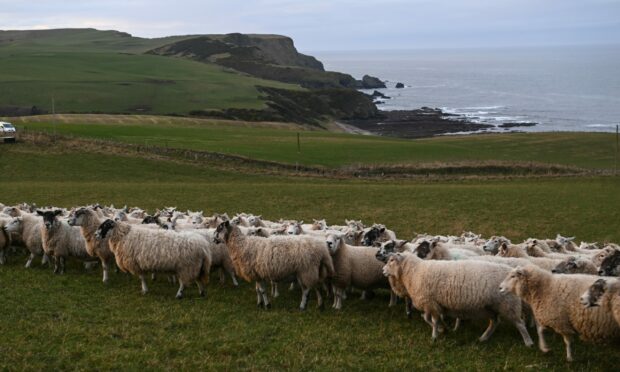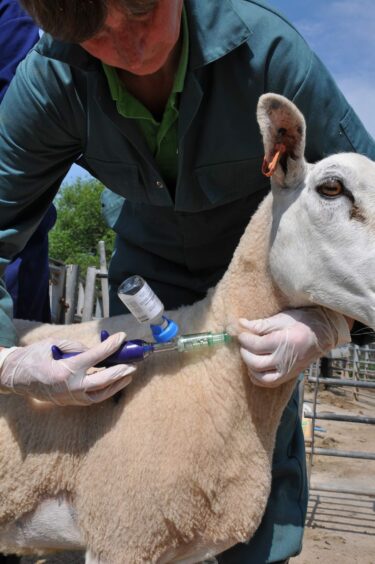Sheep farmers that experience more than 2% of their flock barren or aborting this lambing season are being encouraged to contact their vet to take advantage of the subsidised diagnostic scheme.
Ewe reproductive failure, neonatal lamb disease and mortality are the three biggest factors limiting better flock productivity, with animal and enzootic abortion continuing to be significant causes.
“Farmers can continue to take advantage of this subsidised scheme by asking their vet to take blood samples from six to eight aborted, unvaccinated ewes, or from barren ewes or ones that have produced weak lambs,” said MSD Animal Health veterinary adviser, Dr Kat Baxter-Smith.
Annual FlockCheck blood test results from last year showed nearly 75% of 374 sheep farms had been exposed to toxoplasmosis and 18% to EAE.
“Toxoplasmosis caused by infection with the Toxoplasma gondii parasite, does not just cause abortion,” said Dr Baxter-Smith.
“It is also the main infectious cause of early embryo loss in sheep and a very common cause of barren ewes or weak, sickly live lambs. It is likely that almost all flocks in the UK have been in contact with this endemic parasite, which means all breeding sheep should be considered at risk.”
Dr Baxter-Smith also said that sheep can become infected very easily.
‘Every ewe should ideally be vaccinated before breeding’
“Sheep pick up the toxoplasma parasite from the environment and so normal biosecurity measures are not enough to control the disease,” she said.
“Infected cats shed toxoplasma eggs in their faeces and sheep become infected when they ingest these eggs from contaminated pasture, feed and water. The eggs are tough and can survive in the environment for over a year.
“Fortunately, the disease can be controlled effectively by a simple vaccination regime. The costs of a vaccination programme can be easily covered by a reduction in future flock barren and abortion rates. In reality, every ewe should ideally be vaccinated before she breeds because of the widespread disease threat and the significant financial losses,” she said.
Sheep farmers interested in taking advantage of this industry support from MSD Animal Health to help reduce the risk of lower productivity should contact their local practice as soon as possible.
This year’s FlockCheck scheme commenced on February 1 and runs until June 30.


Conversation